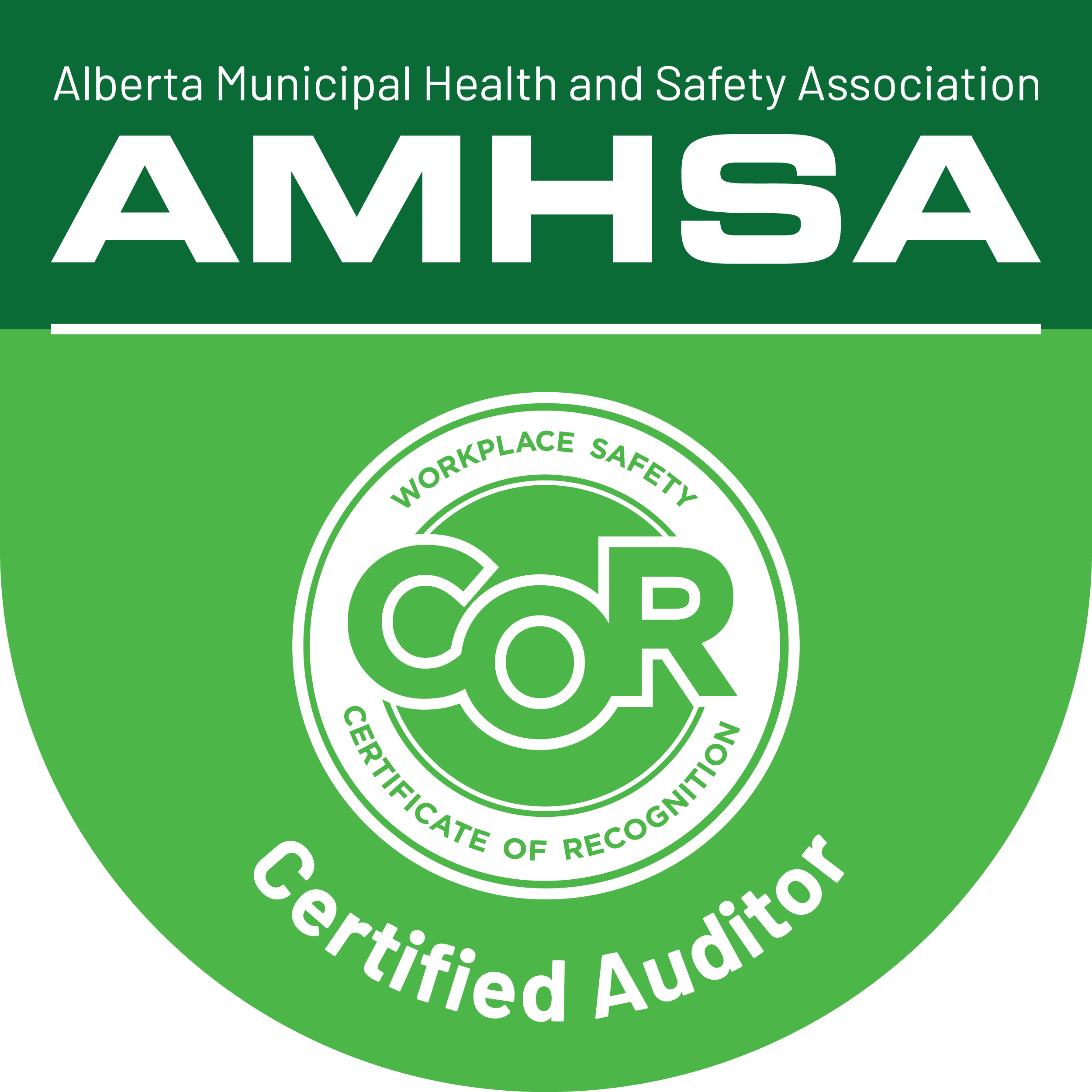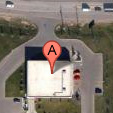- About
- Training
- eLearning
- COR & Auditing
- Resources
- Support
Audit News & Updates
AMHSA periodically emails an update to auditors. This bi-yearly newsletter contains information regarding auditing changes, FAQ’s, suggestions, and reminders.
Auditor Update Archive
Please note that contact information on archived newsletters may not be up to date.
| 2025 | 2024 | 2023 | 2022 |
ISSUING OF CREDLY DIGITAL CREDENTIALS FOR AUDITOR CERTIFICATION
AMHSA has partnered with Credly to provide you with digital versions of your credentials! Whether you have recently became certified or are a long-standing AMHSA certified auditor, optional digital badges are coming for AMHSA Auditor Credentials. In the coming weeks, you will receive an email with steps to follow to receive your badge, if your certification ends in 2026 or 2027. You will then be able to start sharing your auditor credentials.
Visit AMHSAdigitalcredentials.ca for more information and FAQ’s and see what AMHSA credentials are available now.
Each digital image contains verified metadata that describes your qualifications, and the process required to earn them. Digital badges are secure, easy to manage, verify and share online. They provide evidence of what you have done and why it’s important. Badges can be used in email signatures or digital resumes, and on social media such as LinkedIn and Facebook.
Have questions? Contact [email protected] for more information.

april 2025 auditor update
2024 Results
Congratulations to all of AMHSA’s Certificate of Recognition (COR) holders for their participation in the Partnerships in Injury Reduction program in 2024!
We have processed COR audits for 129 employers. The associated Workers’ Compensation Board - Alberta refunds are expected to be distributed in May. We will announce the total refunds for each of our industries and associate members as soon as we receive the data from WCB.
The annual PIR status emails were distributed to most COR-holders earlier in February. If you have questions about your 2025 audit requirements, please contact us.
2025 auditing guidelines and deadlines
Please keep the following in mind while planning and conducting your 2025 audits:
- Audits must be registered using the Audit Registration form. Once we receive it, you will be supplied with the latest version of the audit tool. Use of all audit validation techniques (documentation review, interviews, and observational tours) is again required. 12 months of documentation is required.
- Sampling plans must be pre-approved – email [email protected] with your Interview and Site Sampling plans prior to starting data gathering.
- Documentation, interview, and observation data gathering can be conducted either remotely or in-person. Please contact us for information on conducting remote observations.
Scoring requirements:
- COR Certification audits require a score of 80% overall and 50% in each element, and;
- COR Maintenance audits require a score of 60% overall.
Deadlines:
- Applications for use of Action Plans in lieu of COR Maintenance audits must be submitted to AMHSA on the official template, by June 30, 2025. To determine if you are eligible, and to obtain the template, email [email protected]. We strongly recommend creation of the plan and application earlier in the year, to allow more time to complete the action items.
- Requests to participate in the external peer audit process are due June 1, 2025.
- Provide [email protected] with your request including scope information (number of permanent manned worksites and employees), month you’d like your audit conducted, auditors available to perform a peer audit at another municipality, preference for in-person or remote (and Excel or AuditSoft report), and your contact information.
- Submission deadline for COR audits is December 1, 2025. Regular deadlines for data gathering (maximum 45 days) and submission (maximum 21 days from last data gathering date) also apply.
Evaluating Psychological Health and Safety (PHS) Management Systems
Employers who scored 90% or more on their last COR Certification audit and have held a COR for at least four consecutive years are eligible to substitute AMHSA’s approved PHS element for one element of their COR Maintenance audit.
The PHS element substitution allows for the option of selecting one of three levels available to accommodate the progression of your PHS program. The PHS element can be substituted in place of any element except 1 (Management Leadership and Organizational Commitment), 2 (Hazard Assessment), or 3 (Hazard Control). The score achieved on the PHS element will take on the same weighting as the element substituted. To apply or to obtain further details, email [email protected].
AMHSA is currently working on integrating the PHS element substitution option into the regular COR Excel audit workbook. Thank you to those employers who took the PHS element substitution option for a spin in 2024!
There is also the option to conduct a stand-alone PHS audit – it can be used separately from a COR audit at any time. If you choose this option, the PHS audit is also scalable to 3 levels to accommodate the progression of your PHS program.
Training related to psychological health and safety to supplement our Health and Safety Management Systems and Health and Safety Auditing is being developed and will be available soon!
Violence and Harassment Audit Tool Change
Due to recent changes related to OHS Code Part 27 (Violence and Harassment – no longer required to have separate plans), we will be updating our audit tool to combine questions 3.11 and 3.12 into:
“Does the Violence and Harassment Prevention Plan meet legislated requirements?”
The new question will still be validated by documentation and it will be worth 10 points (the combined point total of the two previously separate questions).
Submit Your Input for Our New Webinar Series Program
AMHSA is excited to offer a 2025 webinar series on topics specific to auditing and health and safety management systems.
We want to hear which topics would be valuable for auditors like you. Webinars will be approximately 1-1.5 hours in length to accommodate busy schedules.
Topic examples are:
- Audit Report Writing and Justification
- Sampling Strategies
- Topics specific to the Audit protocol (i.e. Emergency Response)
- And others
We look forward to receiving your answers!
join the line of fire working group
Are you passionate about increasing worker’s awareness when working on or near equipment, objects, or energy sources? This Working Group may be a perfect fit for you.
AMHSA will be working with technical and subject matter experts to produce a Line of Fire (LOF) eLearning course, best practice, and other resources out of a creative sentencing for a conviction under OHS legislation.
What’s expected of you? As a Working Group member, you will share work experiences and resources and participate in the review of newly developed resources.
The Working Group runs from April to December, with a commitment of 3 hours once per month.
For more information on LOF, visit our website.
Let’s work together to prevent LOF workplace injuries.
legislation-related resources
The Audit Question Legislation Guidance document was revised March 26, 2025, due to the recent amendments. This includes updated information related to the following legislation, violence and harassment, and Health and Safety Committee/Representative questions:
- 1.11
- 3.11
- 3.12
- 4.03
- 4.04
- 4.05
In addition, on March 25, AMHSA held a webinar, “Navigating the Latest OHS Code Changes," where guest speakers from the Goverment of Alberta provided information on the changes and answered questions. The recording and additional resources are available below.
upcoming training
|
May. 8, Jun, 19, Sept. 11, Oct. 2 | 8:30am - 12:30pm |
Optional Audit Tool Training Jun. 13 | 8:30am - 4:30pm |
|
Jun. 11-12 | 8:30am - 4:30pm |
Page last updated: April 7, 2025






 Email Us
Email Us